Space technology helps in fight against deadly bacteria
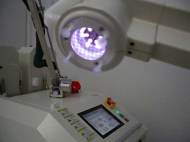 Technology developed during the long-running research conducted on the International Space Station is opening up a new way to keep hospital patients safe from infections. By using plasma (superheated, electrically charged gas), Max Planck Institute for Extraterrestrial Physics director Gregor Morfill is developing ways to kill bacteria and viruses that can cause infections in hospitals.
Technology developed during the long-running research conducted on the International Space Station is opening up a new way to keep hospital patients safe from infections. By using plasma (superheated, electrically charged gas), Max Planck Institute for Extraterrestrial Physics director Gregor Morfill is developing ways to kill bacteria and viruses that can cause infections in hospitals.
“It’s the longest-running space experiment in the history of human spaceflight”, said Dr. Morfill. The research began on the International Space Station (ISS), where his ESA-funded physics experiments have been running since 2001. More than two dozen astronauts and cosmonauts have operated the equipment aboard the ISS.
Bacteria are constantly evolving, developing resistance to the most commonly used antibiotics. The best way to prevent the spread of bacterial infections so far is sanitation through regular hand washing between patients, and systematic sanitizing of floors, door handles, hospital curtains and anything else that might harbor infectious material. Instead, Dr. Morfill is designing a system that makes use of plasma’s innate antibacterial properties to make disinfection easy and quick.
In recent years, health experts have seen a dramatic rise in super-strains of bacteria that can survive the strongest antibiotics in medicine’s arsenal, and plasma dispensers can tackle them. For example, the multiple drug-resistant Staphylococcus aureus (better known as MRSA) kills 37,000 people each year in the EU alone. It affects more than 150,000 patients, resulting in extra in-hospital costs of €380 million for EU healthcare systems.
The work in space led to the conclusion that plasma might have very practical terrestrial applications. With help from ESA which funded most of the research, Dr. Morfill’s team is developing a system for hospitals, and future advancements in cold plasma technology could lead to similar systems which could be used in our homes. Plasma could be used to disinfect hidden cracks and crevices of objects such as toothbrushes and razors instead of UV light, which only sanitizes the surfaces it shines on.
“It has many practical applications, from hand hygiene to food hygiene, disinfection of medical instruments, personal hygiene, even dentistry – this could be used in many, many fields”, said Dr. Morfill. At the other end of the spectrum, he added that plasma could be used as a ‘planetary protection system’ to clean satellites and planetary probes so they don’t carry terrestrial bacteria to distant planets.

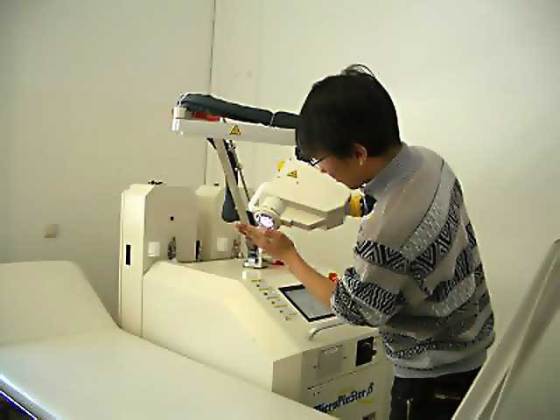


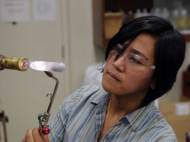
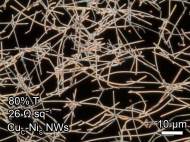
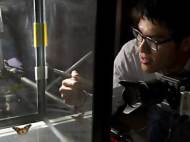
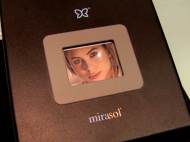
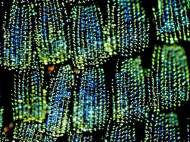
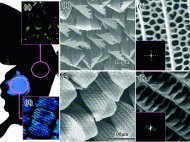
A great advancement in Hygiene in hospitals(especially in developed countries).
Dr.A.Jagadeesh Nellore(AP),India
Sure the Information Technology Healthcare development will eradicate many diseases from the current lot of incurable ones. This advancement will surely brings smile of many faces.